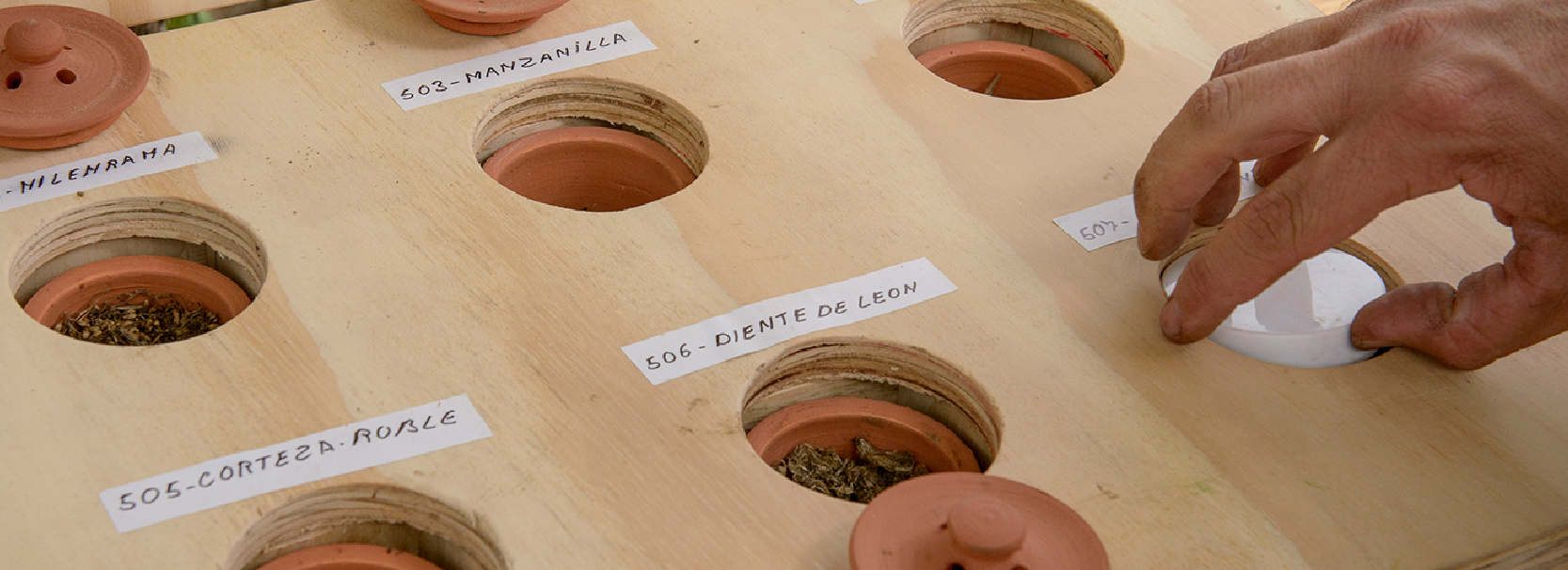The soil in which our vineyards live is perhaps the most important factor when it comes to making wine. The soil is the habitat and source of nutrition for the vines: the quality of the grapes and subsequently of the wine is conditioned by it, as it will determine not only its quality, but also its aroma and innate liveliness.
This is why soil care is of the utmost importance for any type of cultivation.
In addition to the use of plant covers that bring life to the soil and help us to avoid its degradation, at Parés Baltà we use organic compost to nourish and strengthen it.
This natural fertiliser comes from animal and vegetable waste and although it is less mineral rich, it is of higher quality. The aim of using compost is to improve the physical, chemical and biological properties of the soil, which are determining factors in the quality of the grapes.
Benefits of the Compost:
- the supply of nutrients and micronutrients,
- reduced erosion,
- increased mineral and moisture retention capacity,
- increased soil porosity,
- the development of soil microbial activity, thereby increasing the availability of nutrients in forms that can be assimilated by crops and increasing cation exchange capacity.
At Parés Baltà, we have been farming organically since always, and biodynamically since 2012. Our vineyards, fields, forests and flock of sheep all have the international Demeter certification. We believe in this method and we apply it because the most important thing is the quality of the product.
The soil is the habitat and source of nutrition for the vines.
How we prepare the Biodynamic Compost?
Biodynamic compost is a fundamental component of the biodynamic method; it serves as a way to recycle animal manures and organic wastes, stabilize nitrogen, and build soil humus and enhance soil health. Biodynamic compost is unique because it is made with BD preparations 502−507. Together, the BD preparations and BD compost may be considered the cornerstone of biodynamics. Here again, “biological” and “dynamic” qualities are complementary: biodynamic compost serves as a source of
humus in managing soil health and biodynamic compost emanates energetic frequencies to vitalize the farm.
The traditional manner in which the biodynamic compost is made is rather exacting. After the compost windrow is constructed, Preparations 502−506 are strategically placed 5−7 feet apart inside the pile, in holes poked about 20 inches deep. Preparation No. 507, or liquid valerian, is applied to the outside layer of the compost windrow by spraying or hand watering.
Biodynamic agriculture is not easy to understand, but if we let ourselves be guided by nature, its age-old wisdom, together we can build a healthier, greener and more lasting world.



